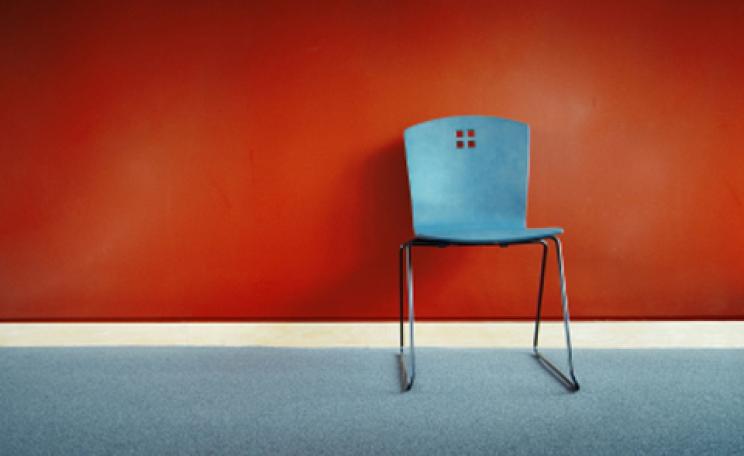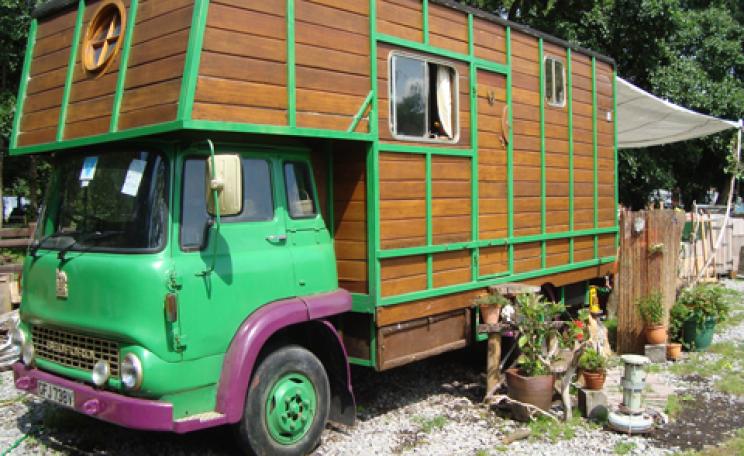According to the United Kingdom Tea Council, the British drink a staggering 160 million cups of tea per day and 70 million cups of coffee on top. Surprisingly, that isn’t quite enough to make the UK the biggest tea-consuming nation in the world, taking second place behind the Republic of Ireland instead. But whether first or second in the tea drinking stakes, the fact remains that tea consumption – especially when take-away paper cups are factored in – can pose serious problems for the planet.
 Consider these sobering statistics: 58 billion paper cups end up in landfill every year and 20 million trees are felled annually to provide paper for them - and that’s before you consider the implications of pesticide use in tea and coffee production. While chains such as Starbucks are doing their bit to put Fairtrade and organic coffee on their drinks menu, the best way to minimise the impact of your morning coffee is to make it yourself and take it with you in one of the new breed of reusable cups. Forget old-school thermos flasks, hot drink holders like the Byocup, £11.95 are small, stylish and a green alternative to paper. What’s more, when the Byocup reaches the end of its life, the company lets you return it and then sends it on to a silicone recycling plant in India where it gets a new lease of life as a bracelet or key fob. That beats Costa any day.
Consider these sobering statistics: 58 billion paper cups end up in landfill every year and 20 million trees are felled annually to provide paper for them - and that’s before you consider the implications of pesticide use in tea and coffee production. While chains such as Starbucks are doing their bit to put Fairtrade and organic coffee on their drinks menu, the best way to minimise the impact of your morning coffee is to make it yourself and take it with you in one of the new breed of reusable cups. Forget old-school thermos flasks, hot drink holders like the Byocup, £11.95 are small, stylish and a green alternative to paper. What’s more, when the Byocup reaches the end of its life, the company lets you return it and then sends it on to a silicone recycling plant in India where it gets a new lease of life as a bracelet or key fob. That beats Costa any day.
To find out more, go to www.byocup.co.uk
| READ MORE... | |
 |
GREEN LIVING The Ecologist Top Ten... organic and fair trade teas Our fortnightly new series of Ecologist Top Tens begins with a look at the best organic and fair trade teas your money can buy. Laura Sevier puts the kettle on... |
 |
HOW TO MAKE A DIFFERENCE CASE STUDY: Growing coffee more sustainably in Costa Rica It's not organic but ‘pro-environmental sustainable' farming practices could help coffee farmers move away from damaging industrial monoculture |
 |
COMMENT Are Nike, Starbucks and Walmart our best hope against climate change? Keep your friends close, and your enemies closer... well, enemies who are making some pretty bold pledges, at any rate |
 |
GREEN LIVING Where does your instant coffee come from? A new photographic exhibition - Made in Coorg - looks at what life is like for the coffee growers of the Coorg district of southern India, where the highly fertile land is increasingly sought after for larger plantations and tourism projects |
 |
INVESTIGATION Full of Beans According to a Mori poll in March 2004, the fairtrade mark is now recognised by 39 per cent of the British public, up from 11 per cent five years ago. But what difference does fairtrade actually make to the lives of the producers? John Atkin looks at the Nicaraguan community of La Pita who sell half of their coffee on the fairtrade market |








